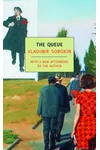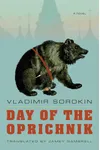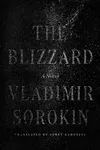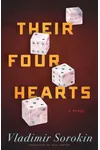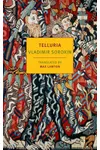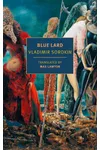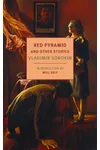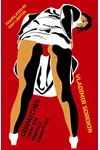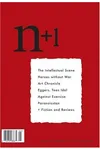Picture a Russian rebel with a pen, spinning dystopian tales that shock and dazzle—meet Vladimir Sorokin! Born in 1955 near Moscow, this provocative author has spent decades poking at political taboos and social norms with a wicked grin. His novels, like the infamous Blue Lard and the chilling Day of the Oprichnik, blend satire, surrealism, and fearless commentary, earning him global acclaim and a few raised eyebrows.
Sorokin’s work isn’t just storytelling—it’s a literary Molotov cocktail, exploding conventions and challenging Russia’s past and present. From underground fame in the Soviet era to exile in Berlin after Russia’s 2022 invasion of Ukraine, his journey is as wild as his prose. Ready to dive into his world? Let’s go!
The Making of Vladimir Sorokin
Born on August 7, 1955, in Bykovo, a small town near Moscow, Vladimir Sorokin grew up under the Soviet Union’s iron grip. He studied mechanical engineering at Gubkin Russian State University of Oil and Gas, graduating in 1977, but his heart was in art and words. Ditching engineering, he dove into Moscow’s underground literary scene, where he illustrated books and wrote subversive stories. His early works, banned in the USSR, were samizdat gems—clandestine texts that mocked Soviet dogma with gleeful irreverence.
By the 1980s, Sorokin was a star of the Moscow Conceptualist movement, blending visual art and writing to deconstruct Socialist Realism. His first novel, The Queue, published in France in 1985, captured the absurdity of Soviet life through a dialogue-driven tale of endless waiting. This bold debut set the stage for a career that would shock, inspire, and redefine Russian literature.
Vladimir Sorokin’s Unforgettable Stories
Sorokin’s bibliography is a rollercoaster of genres—dystopian satire, science fiction, and postmodern chaos. His 1999 novel Blue Lard is a notorious masterpiece, featuring a surreal sex scene between clones of Stalin and Khrushchev. The book sparked protests, with pro-Putin youth tossing copies into a giant papier-mâché toilet outside Moscow’s Bolshoi Theater. Yet its Joycean wordplay and alternate-history madness earned Sorokin the Andrei Bely Prize in 2001.
Day of the Oprichnik (2006) is another gem, painting a dystopian Russia in 2028, ruled by a tsar and walled off from the world. Following an oprichnik—a modern take on Ivan the Terrible’s brutal enforcers—the novel mixes futuristic tech with medieval cruelty, earning the 2015 Premio Gregor von Rezzori. Sorokin’s Ice Trilogy (2002–2005) explores cosmic cults and metaphysical corruption, while The Blizzard (2010) weaves a haunting, snowy fable that nabbed a Russian Big Book award.
His style? Think James Joyce meets William Burroughs, with a Russian twist. Sorokin dismantles language, invents words, and flips genres upside down, all while skewering authoritarianism and hypocrisy. His stories are equal parts hilarious, grotesque, and profound, making you laugh, cringe, and think—often all at once.
Why Vladimir Sorokin Matters
Sorokin’s impact on Russian literature is seismic. He’s the punk rock rebel of postmodernism, shattering Soviet-era taboos and exposing the absurdities of modern Russia. His prescient visions—like Day of the Oprichnik’s authoritarian revival—feel eerily relevant, earning him a prophet’s reputation. Living in Berlin since 2022, he continues to critique Putin’s regime, comparing its power to a medieval pyramid.
Globally, Sorokin’s work resonates with readers hungry for bold, boundary-pushing stories. Translated into over 30 languages, his novels inspire artists, filmmakers, and writers to challenge the status quo. Whether it’s through a 2019 documentary, Sorokin Trip, or AI-driven art projects like Blue Lard #cancelrussianculture, his influence keeps growing, proving literature can be a weapon, a mirror, and a dream.
- Born: August 7, 1955, Bykovo, Russia
- Key Works: The Queue, Blue Lard, Day of the Oprichnik, Ice Trilogy
- Awards: Andrei Bely Prize (2001), Premio Gregor von Rezzori (2015), Russian Big Book awards
Snag Day of the Oprichnik or Blue Lard and dive into Sorokin’s wild, rebellious world! His stories aren’t just books—they’re a revolution in prose.

